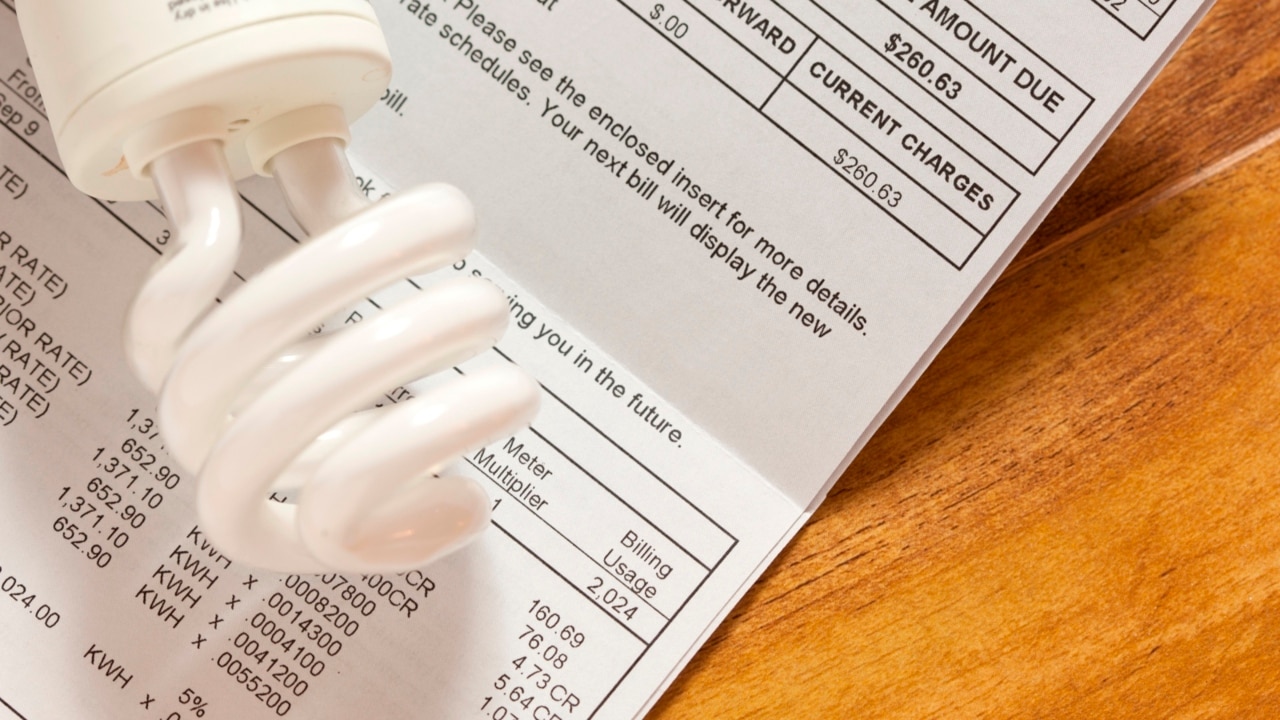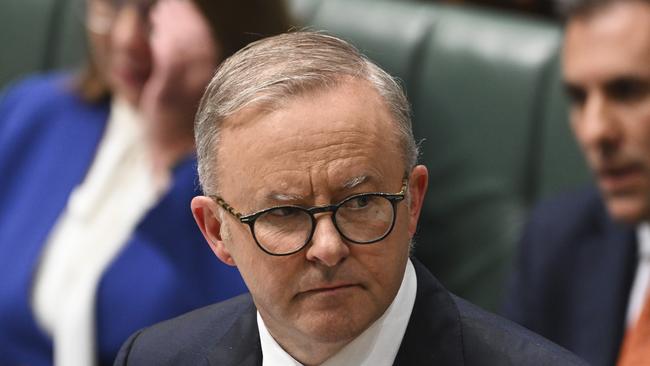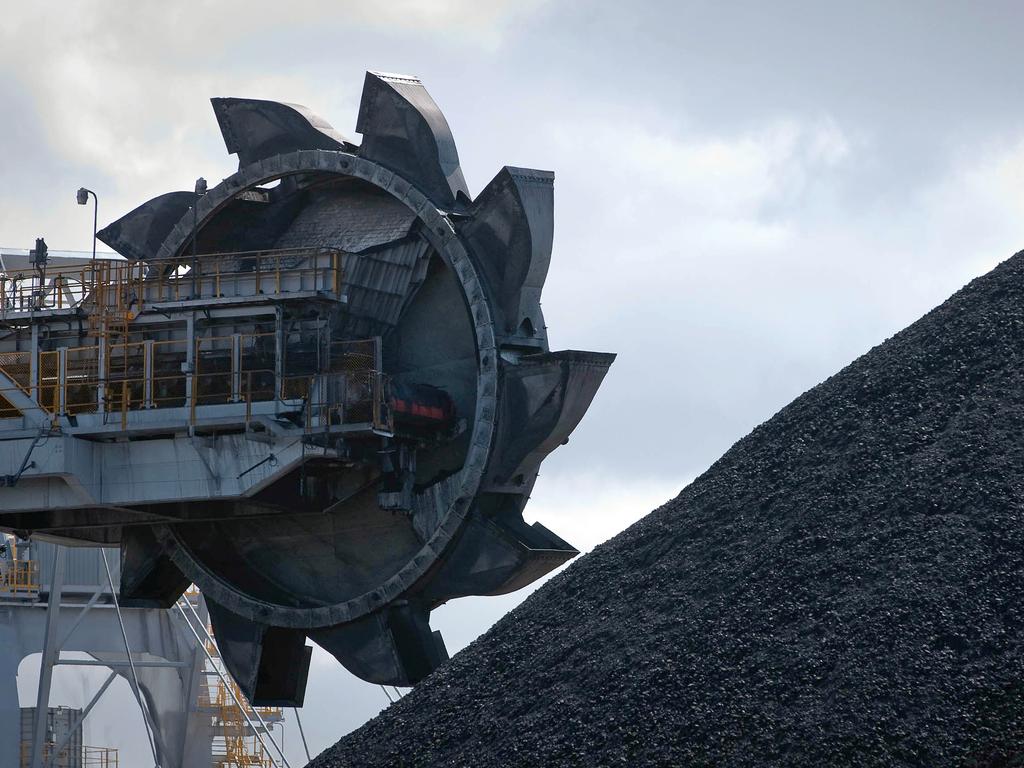
This week’s national cabinet meeting is one of the most dangerous gatherings of national leaders in recent times. Inexperienced in energy complexities, politicians and public servants could easily plunge the east coast of the nation into chaos, especially as the industrial relations legislation has destroyed business trust in the Albanese government. The first energy plan that was proposed, a price cap, may be rejected on the grounds of state opposition. But those state objections were almost irrelevant: the “cap” was a recipe for chaos.

Now a tax is being proposed on energy producers, where the revenue will somehow be diverted to help industrial and domestic consumers. That proposal has less risk and some advantages but again has the potential to create chaos. To help readers understand the dangers facing the nation I will first detail what is likely to happen if there is a price cap and then look at some of the potential repercussions of a tax.
I strongly urge all the ministers and public servants in the national cabinet to study the research work of Commonwealth Bank energy economist Vivek Dhar, which I have found invaluable.
Each east coast state is different. We start with NSW. Purely on the basis of cash production costs, and ignoring their enormous capital costs, renewables are the cheapest form of energy. Accordingly, in a price cap regime, as the lowest cash cost source of electricity, renewables will take the first slab of demand – assuming the wind is blowing and the sun is shining.
On the basis of a proposed cap of between $11 and $13 a gigajoule, the next lowest cost level is gas-fired power stations. Unless there is some form of complex quota, gas power stations will therefore run flat out as a baseload operation, creating gas shortages.
Then comes black coal generators which, because of the gas price cap, suddenly become the highest cost power provider. But black coal power generation needs constant output and is extremely expensive and dangerous if it is forced to be the swing producer. It is a recipe for chaos in the generation of power in NSW. Queensland will be affected in a similar way but not as severely. Then comes poor old Victoria and its infamous energy policy, partly based on preserving ALP inner city lower house seats.

Victoria is more dependent on gas than any other east coast state, and the energy regulator says that Bass Strait will go into steep decline in about three years. Woodside and Exxon are prepared to spend large sums trying to extend the output for a few more years.
The WA-based Woodside has been blunt: if there is a low price cap that money will not be spent. Victoria can swing.
Victorian government politicians scoff and demand that gas should be piped down from Queensland and NSW at the low cap price. It’s nonsense, of course. Even if such a supply is legislated, the pipe network was designed to send gas north, not south and although changes can be made to improve the “south delivery”, there will be a massive shortfall for Victoria – especially as NSW and Queensland power stations will be absorbing as much gas as possible.
Daniel Andrews’ decision not to develop Victoria’s large onshore gas fields which don’t require fracking has worked: there was no green decimation of ALP inner-city seats in the recent election.
Without the Woodside/Exxon “rescue” expenditure, Victoria has the choice of developing its onshore gas or suffering huge shortfalls in about three years’ time, when the next election is due. The inner-city green seat issue remains. Victorians voted against gas development, so can’t complain if they are hit hard by the repercussions of any price cap.
The alternative of a profits tax creates even greater complexity.
Any extra profits-tax calculation somehow or other must adjust for different cost structures in different areas. It is highly likely to put out of business the wrong energy producers. And again, almost certainly, Woodside will tell the government to jump into Bass Strait if taxes are boosted.
And then comes the issue of who in the community receives the “subsidy” benefit funded by the tax. Small business is probably the most likely to benefit, but the industrial legislation has an employment definition that is problematic and will not stop carnage. It is possible the distribution of the tax will be based on a green agenda. There may be a delay between revenue collection and money distribution, which will hit both enterprises and consumers.
There is no way anyone will be happy. To try and sort out this mess we must start with the basics.
If the politicians and public servants in Canberra are prepared to do their homework between now and the cabinet meeting, they will discover that the ideal way to operate a non-nuclear power system like Australia is to have renewables and coal providing the base power loads. Gas and hydro cater for demand swings. Over time the coal runs down, replaced by extra renewables, including hydro.
And in time gas will be reduced by batteries, extra hydro and other means. Carbon-based power generators can be encouraged to engage in regeneration agriculture and growing saltbush and other plants whose root systems store carbon in the soil.
Of course, even better, maybe we boost power supplies via smaller nuclear power units — but that is hard for politicians to endorse. Nevertheless, their back is to the wall and nuclear technology is improving. The old waste problems are rapidly diminishing.
But again, there is no trust because of industrial relations. So where there is lack of trust combined with inexperience there is grave danger of a total mess.





